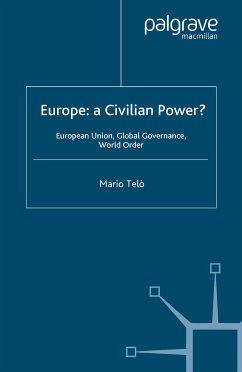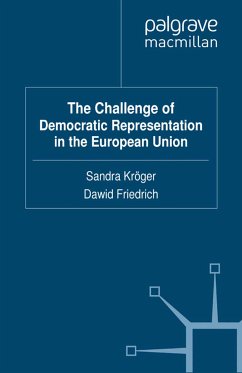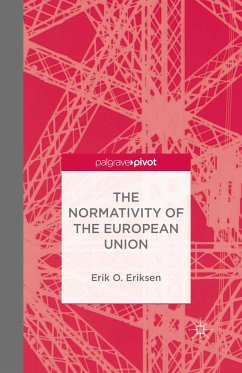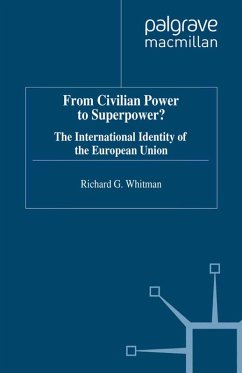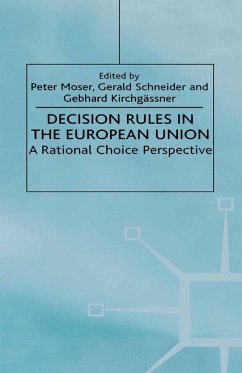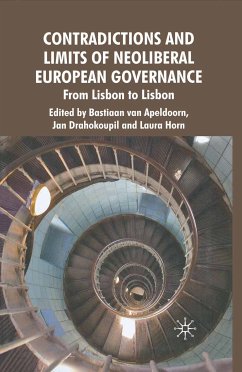Dieser Download kann aus rechtlichen Gründen nur mit Rechnungsadresse in A, B, BG, CY, CZ, D, DK, EW, E, FIN, F, GR, HR, H, IRL, I, LT, L, LR, M, NL, PL, P, R, S, SLO, SK ausgeliefert werden.
'Well documented and deftly juggling the various political theories currently doing the rounds, he casts a critical eye over events, highlighting areas of interest and shortcomings to expose long-term trends in the way the world system is evolving and the innovative role of the EU in this connection'. - Frederik Ronse, European Library
'Political power and global order are the core topics of this book, which offers a deep analysis of the European Union's role in the international system after the end of bipolar confrontation.' - The International Spectator

